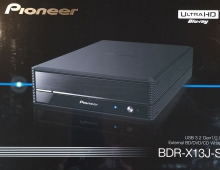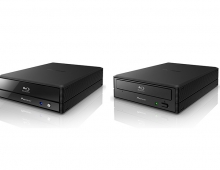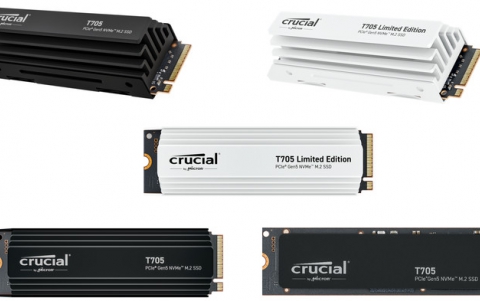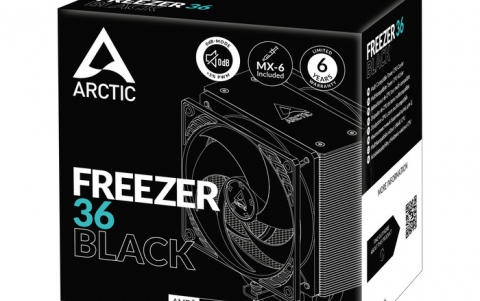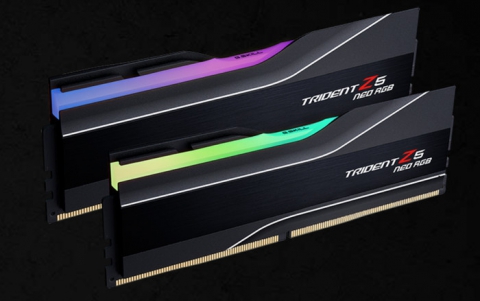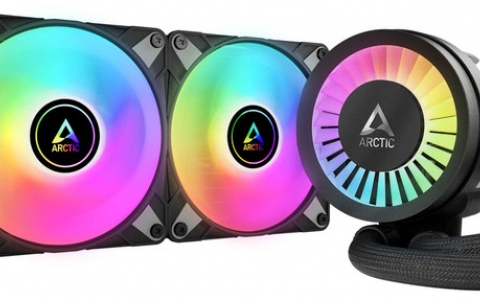
NEC Leaning Towards Blu-Ray
With Sony and Nec's merge of optical disc business into a new company, industry analysts are now predicting that NEC is looking towards the Blu-Ray camp.
Sony and NEC announced last November that they have signed a basic agreement to set up an optical disk drive joint venture. The companies said that they would work together to agree upon a final contract.
The deal would combine Sony's present optical disc business, currently worth around $1.26 billion, with NEC's $589 million DVD disk drive division. Sony would hold the majority stake, which is 55% compared with NEC's 45%.
According to the official press release of the two companies, the joint venture will focus on the planning, design, manufacturing and marketing with manufacturers of optical disc drives for integration into products such as PCs. The company will operate on a global basis. The new company is due to start functioning from April 1st.
NEC has publicly backed the HD DVD standard, while Sony is the main leader of the rival Blu-Ray camp. Consequently,this joint venture fires up comments and discussions regarding the policy of NEC in the near future.
Contrary to the initial information, some industry analysts predict that Sony will almost certainly shift NEC's development to the Blu-Ray format, or that the new company could sell drives in both formats, provided products were available and shiping by the time the merge becomes official.
Sony's President and Electronics CEO, Ryoji Chubachi commented last November, "Optical disc drives are key components for a broad range of devices and we are strategically focusing our development resources in this sector. By teaming with NEC which has excellent technology in areas such as DVD drives, I believe we can work effectively to enhance our product lineup and quality on a global scale."
"NEC is in the process of forming up and preparing for new joint venture at the moment. Thus we are not able to comment anything at this time," said NEC's spoksperson in an inquiry to comment on the story.
This is not the first time companies related to rival Blu-Ray and HD DVD camps are in talks to join forces on the optical storage business. Toshiba, the main supporter of the HD DVD standard announced a few weeks ago that it has signed a cross-license contract concerning the patent of the optical storage part with LG. The agreement implicates worldwide patents of both companies on optical disc, optical disc drive and optical disc player/recorder products.
According to the official press release, the two companies are assuming that this contract will develop the DVD related product and strengthen commercialization in the future.
South Korea LG Electronics and Hitachi-LG HLDS (Hitachi LG Data Storage) are members ofthe the Blu-ray Disc Association (BDA).
Commenting on the Toshiba/LG patent issue, industry analysts said that Toshiba would certainly have access to any patent portfolio from partners such as LG, but companies like Philips and Sony still own the majority of the Blu-Ray patents. Only future will tell what road these two companies will chose to follow, although Toshiba is not ready to give up with HD DVD yet.
The main question to be answered now is whether these latest contracts will have any consequences on the competition between the two formats.
The deal would combine Sony's present optical disc business, currently worth around $1.26 billion, with NEC's $589 million DVD disk drive division. Sony would hold the majority stake, which is 55% compared with NEC's 45%.
According to the official press release of the two companies, the joint venture will focus on the planning, design, manufacturing and marketing with manufacturers of optical disc drives for integration into products such as PCs. The company will operate on a global basis. The new company is due to start functioning from April 1st.
NEC has publicly backed the HD DVD standard, while Sony is the main leader of the rival Blu-Ray camp. Consequently,this joint venture fires up comments and discussions regarding the policy of NEC in the near future.
Contrary to the initial information, some industry analysts predict that Sony will almost certainly shift NEC's development to the Blu-Ray format, or that the new company could sell drives in both formats, provided products were available and shiping by the time the merge becomes official.
Sony's President and Electronics CEO, Ryoji Chubachi commented last November, "Optical disc drives are key components for a broad range of devices and we are strategically focusing our development resources in this sector. By teaming with NEC which has excellent technology in areas such as DVD drives, I believe we can work effectively to enhance our product lineup and quality on a global scale."
"NEC is in the process of forming up and preparing for new joint venture at the moment. Thus we are not able to comment anything at this time," said NEC's spoksperson in an inquiry to comment on the story.
This is not the first time companies related to rival Blu-Ray and HD DVD camps are in talks to join forces on the optical storage business. Toshiba, the main supporter of the HD DVD standard announced a few weeks ago that it has signed a cross-license contract concerning the patent of the optical storage part with LG. The agreement implicates worldwide patents of both companies on optical disc, optical disc drive and optical disc player/recorder products.
According to the official press release, the two companies are assuming that this contract will develop the DVD related product and strengthen commercialization in the future.
South Korea LG Electronics and Hitachi-LG HLDS (Hitachi LG Data Storage) are members ofthe the Blu-ray Disc Association (BDA).
Commenting on the Toshiba/LG patent issue, industry analysts said that Toshiba would certainly have access to any patent portfolio from partners such as LG, but companies like Philips and Sony still own the majority of the Blu-Ray patents. Only future will tell what road these two companies will chose to follow, although Toshiba is not ready to give up with HD DVD yet.
The main question to be answered now is whether these latest contracts will have any consequences on the competition between the two formats.


